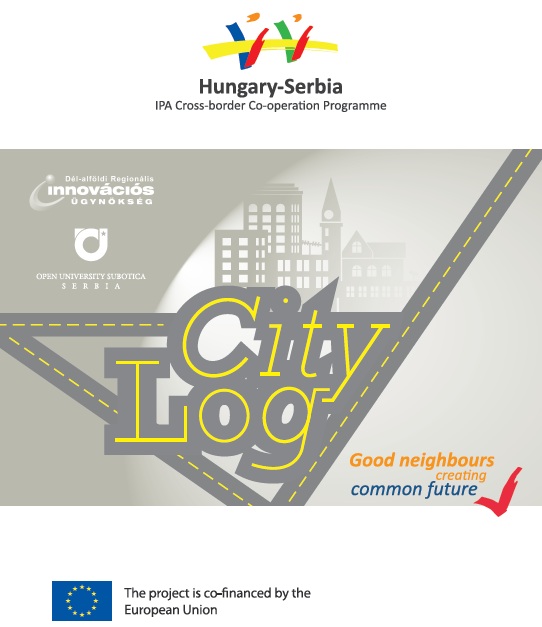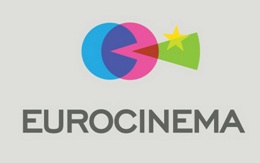
The Open University Subotica and the Regional Innovation Agency of South Plain from Szeged will organize the Opening conference of the project “City Logistics helping the city development of Szeged and Subotica (CITYLOG)” on 8th April 2013 at 11 AM in Szeged. The project is financed by the HU-SRB IPA Cross-border Cooperation Programme.

PROGRAM:
11.00-11.05 Registration
11.05-11.10 Péter Maróti (director – Regional Innovation Agency of South Great Plain APU): Welcome speech
11.10-11.15 László Szigethy (senior project manager – Regional Innovation Agency of South Great Plain APU): Presentation of the project
11.15-11.35 Sándor Nagy (City Council member of the City of Szeged): European, local processes and creative solutions in city logistics
11.35-11.55 Dejan Zvekić (executive manager – Open University Subotica): City logistics in Subotica – The project’s contribution to a better organized and pleasant city centers
11.55-12.15 Melinda Gubi (member of the non-formal association of shop owners in the city center): City logistics from the aspect of the shop-owner in the city center – problems and review of possible solutions
12.15-12.30 Q&A
12.30-13.00 Lunch
Participation is free of charge, but please register beforehand by sending an e-mail to: lsamu@openunsubotica.rs
The overall objective of the project “CITYLOG” is the synergic development of city logistics of the twin cities Szeged and Subotica, which will have the potential to be a model of sustainable development to other settlements in the cross-border region of Hungary and Serbia.
SPECIFIC OBJECTIVES:
• Strengthening cooperation of experts, decision makers, city institutions for urban planning and other relevant organizations in the cross-border region as well as the citizens of the two cities by creating scientific and business relations through project activities- workshops and conferences;
• Elaboration and analysis of city logistic solutions of the two cities – Szeged and Subotica with the aim to get a clear picture of the possibilities of sustainable economic development of both cities;
• Stimulation of the development of sustainable entrepreneurship and modern everyday life of citizens in the city centers, where efficiency and competence of shops and offices in the city centers are not limited due to the widening of green zones and other results of modern ways of city center organization.








